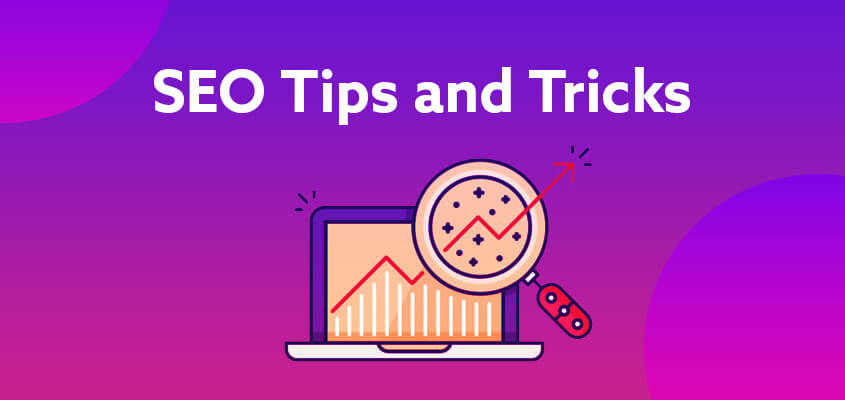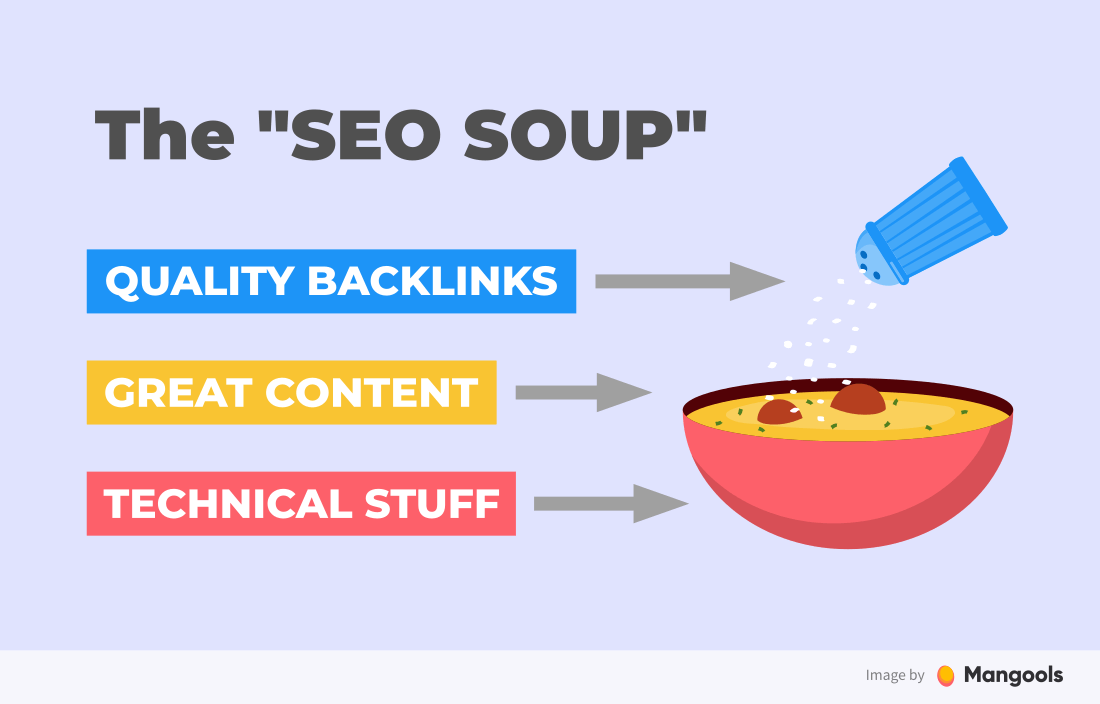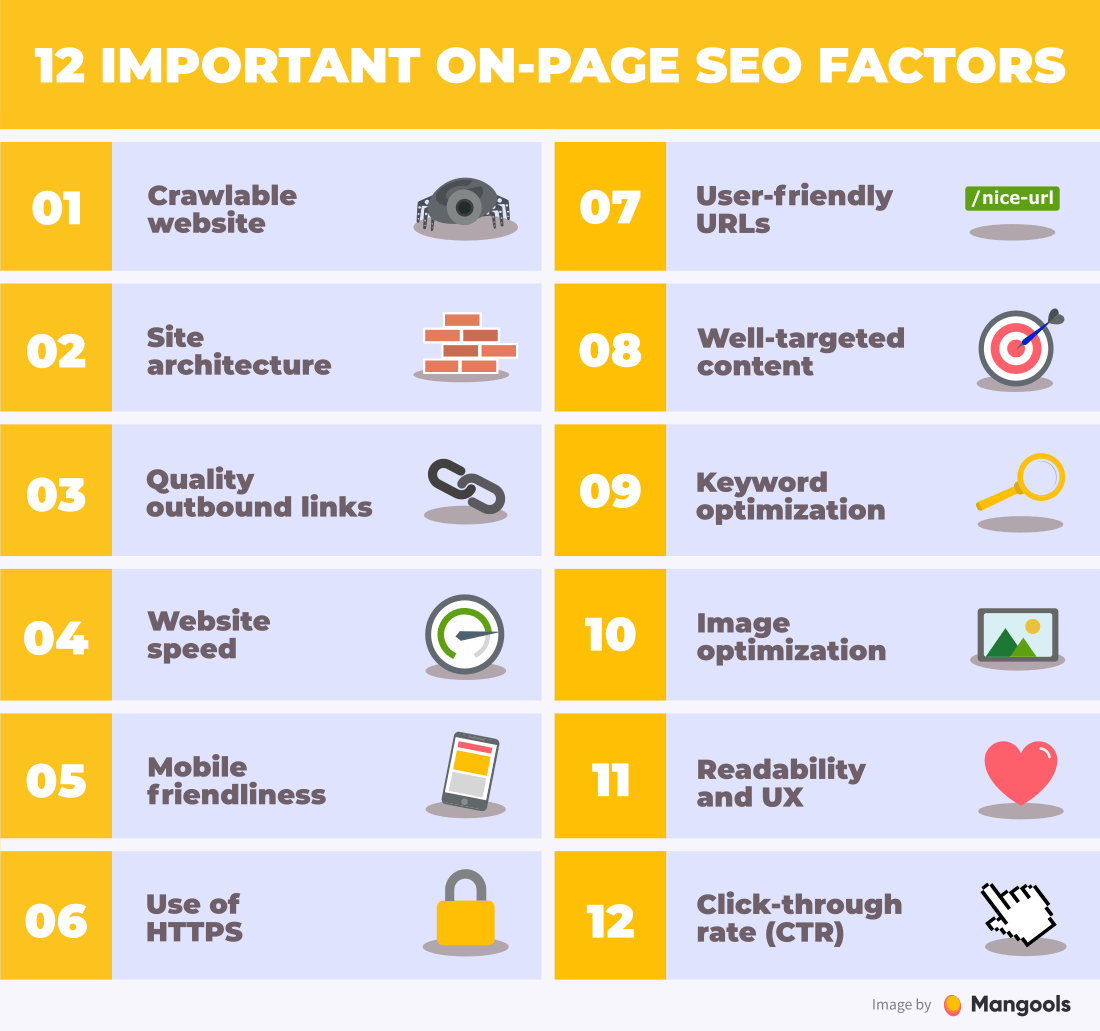SEO stands for Search Engine Optimization, which is the practice of increasing the quantity and quality of traffic to your website through organic search engine results. In this article, I’ll be sharing some SEO tips for 2021 that beginner-friendly and are known to very few people.
There are 3 types of SEO,
- On-Page SEO
- Off-Page SEO
- Technical SEO
Table of Contents
but, What if you optimized SEO friendly site?
To understand the true meaning of SEO, let’s break that definition down and look at the parts:
- Quality of traffic. You can attract all the visitors in the world, but if they’re coming to your site because Google tells them you’re a resource for Apple computers when really you’re a farmer selling apples, that is not quality traffic. Instead, you want to attract visitors who are genuinely interested in the products that you offer.
- Quantity of traffic. Once you have the right people clicking through from those search engine results pages (SERPs), more traffic is better.
- Organic results. Ads make up a significant portion of many SERPs. Organic traffic is any traffic that you don’t have to pay for.

Organic search traffic is specifically any unpaid traffic that comes from SERPs. Do you know that On-Page SEO plays an important part to rank a website in the SERP, and most people are unaware of it?
WHAT is on-page SEO?
On-page SEO refers to the optimization of website structure and content – anything that is on the page (as opposed to off-page SEO).
If you imagine Search Engine Optimization as a bowl of soup (our favorite metaphor), the off-page SEO covers mostly link building and on-page SEO covers these two aspects:
- content
- technical stuff
HOW to do on-page SEO?
Mastering on-page SEO requires broad knowledge, as it includes many aspects. In this guide, we’re going to walk you step by step through the most important on-page success factors and techniques.
WHY should you work on the on-page SEO?
Because it is an integral part of SEO that can help you get higher rankings, reach a bigger audience and get more organic traffic.
Unlike off-page SEO, on-page SEO is fully under your control.
WHEN should you do on-page SEO?
Some things require a one-time setup when starting with the website (e.g. page structure, HTTPS, website speed optimization), other activities are needed every once in a while – you need to take on-page optimization into account every time you publish a new blog post.
On-page SEO should be done even if you rank #1 in the search results because SEO is an ongoing process.
WHO should be doing on-page SEO?
Any website owner, blogger, online marketer, or SEO specialist. In fact, anyone trying to rank a website in search engines.
WHAT are on-page SEO factors?
On-page optimization consists of many steps.
Here’s a list of the 12 important on-page SEO factors that have a direct or indirect influence on the success of your website.
- Crawlable website – the website is crawlable and indexed by search robots
- Site architecture – there is a clear structure and logic in the architecture of the pages
- Quality outbound links – the website is linking to high-quality external resources
- Website speed – the pages load fast on all devices
- Mobile-friendliness – the page renders on every device and browser properly
- Well-targeted content – the page targets a specific search intent.
- Use of HTTPS – the website is secured and has an SSL certificate
- User-friendly URLs – URL addresses are simple and UX-friendly
- Keyword optimization – the page uses relevant keywords in relevant places
- Image optimization – the images are optimized for search engines
- Readability and UX – the text is well-optimized, readable and UX-friendly
- Click-through rate – the page has an optimized title tag and meta description
Things such as HTTPS or page speed are confirmed ranking factors. It means Google uses them directly in their ranking algorithm.
But many of these are not used by Google, or at least not directly. To learn more click here
There is a vivid debate among SEOs whether things like CTR or outbound links affect rankings. We won’t go into this debate here.
The thing is – whether Google uses these factors as a ranking factor or not, they are important because they improve the overall user experience and provide value for the website visitor.
Note: There are hundreds of ranking signals but nobody knows with 100% certainty what they are and how they work. People at Google are very secretive about their formula in order to prevent possible misuse. They give official statements/confirmations only about some partial aspects of their algorithm.
Although not all of the factors mentioned in this guide are ranking factors, all of them correlate with higher rankings. It means that sites ranking high usually have very good results in these areas of on-page optimization.
Follow these SEO Tips For 2021 that I have shared in this article and rank your blog fast…



1 thought on “Amazing SEO Tips For 2021: Beginner-Friendly”